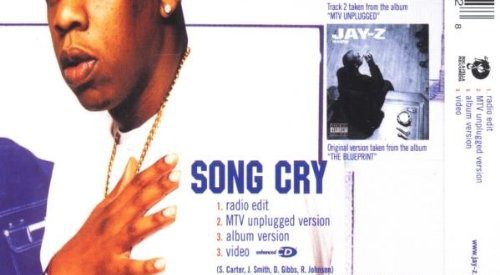In honor of his 13th studio album, I rank the top 13 songs of Jay-Z?s transcendent career
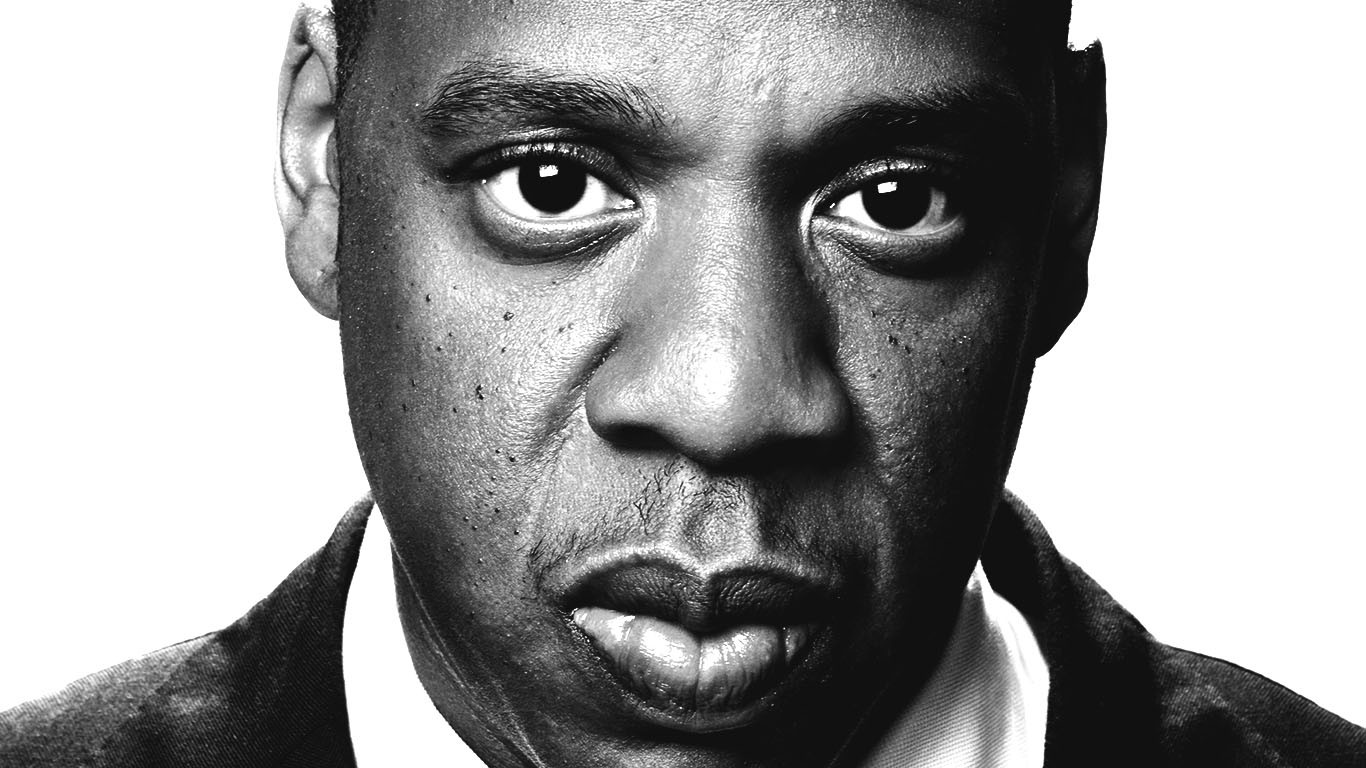
For over 20 years, Jay-Z has held sway over the rap universe to a degree that is unheard of. His latest, ?4:44,? is his 14th No. 1 album, which is the most all time among solo artists. That?s five short of the Beatles? record, but three more than either Bruce Springsteen or Barbra Streisand have managed to accomplish.
In honor of his 13th studio album, I?ll look back at the 13 best songs in his discography.
#13 ? ?Song Cry?
Album: ?The Blueprint? (2001)
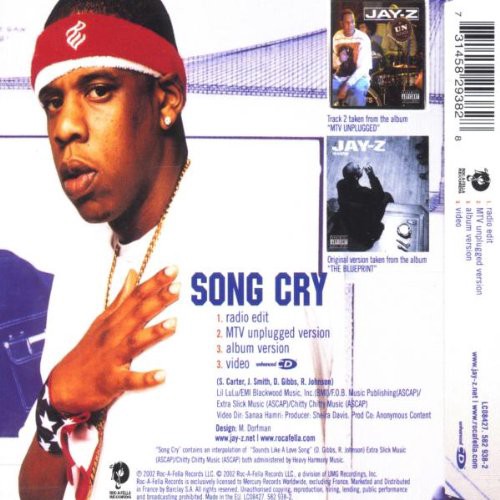
?4:44? isn?t the first time Jay-Z has addressed his own infidelity. Just two years after epitomizing hip-hop?s misogyny problem on ?Big Pimpin?,? Jigga decided to let his guard down. Following nine boastful tracks on ?The Blueprint,? Jay-Z switched gears on the soulful ?Song Cry.? The mood is different, this time ? likely because Jay-Z feels genuine regret over being the cause of the failed relationship the song describes. Prior to Drake mainstreaming vulnerability within an industry previously allergic to it, Jay-Z enjoyed his own share of rap ballads, with none as poignant as ?Song Cry.?
#12 ? ?Streets Is Watchin?
Album: ?In My Lifetime?Vol. 1? (1997)
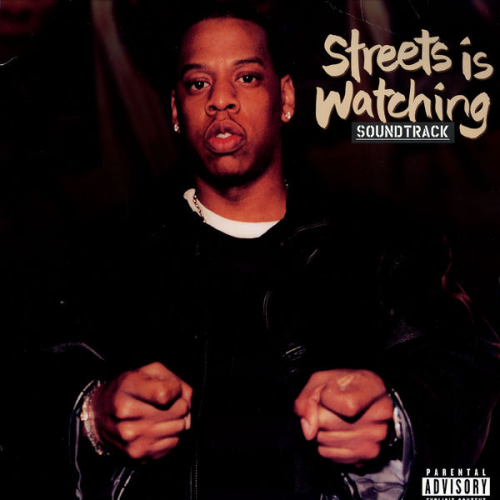
As a former drug dealer, paranoia is an overarching theme in Jay-Z?s discography. On ?Streets Is Watching,? Jay dives deep into his inner psyche, revealing foiled plots, brushes with death, and a conscience that has weighed heavily on him.
?If I shoot you, I?m brainless/If you shoot me, you?re famous.?
Coming from the streets, fame brings with its own set of complexities and difficulties. I?m not just referring to the typical ways in which fame can impact a person. Rappers such as Jay-Z and Notorious B.I.G. (who explored this theme on many occasions, most notably on ?Mo? Money, Mo? Problems?), there was no clean break with the streets. The worlds could overlap at times, and ?Streets Is Watching? represents the amplification of the threat that the streets represent, even for a person who now has the means to fully leave them behind.
#11 ? ?22 Twos?
Album: ?Reasonable Doubt? (1996)
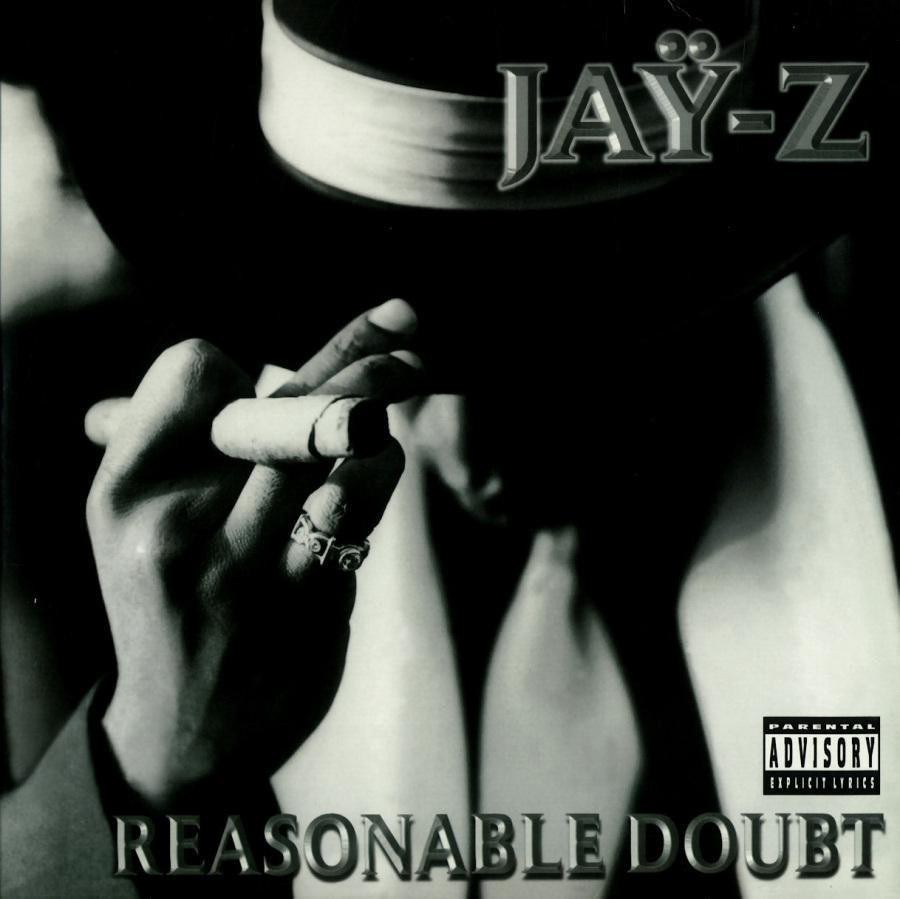
Jay-Z is the GOAT. For me, that is indisputable. Lyrically, though, most fans of hip-hop consider him inferior to the likes of Biggie, Nas, and Eminem. They should revisit ?22 Twos.?
On one of the standouts from his now-classic debut, ?Reasonable Doubt,? Jay cements his case as a technically gifted rapper and lyricist. The first verse is the highlight, as Jay uses the two/to/too homonyms as a motif, repeating the sound 22 times. His fast-paced delivery, a feature he would move away from later in his career, is potent throughout.
#10 ? ?Empire State of Mind?
Album: ?The Blueprint 3? (2009)
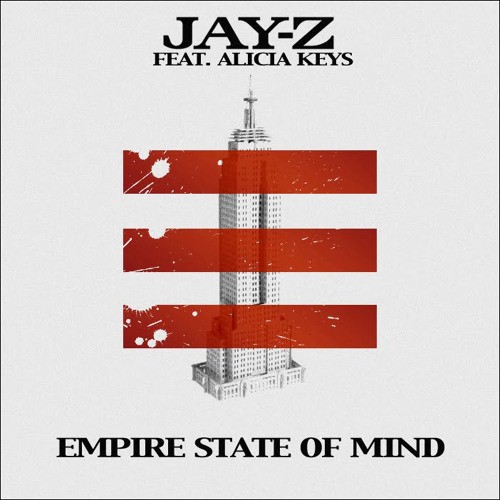
Jay-Z spent his career talking about being bigger than hip-hop. With ?Empire,? it seemed he actually transcended that particular slice of the music industry. In terms of odes to the Big Apple, its rival isn?t another rap song but Frank Sinatra?s epochal ?New York, New York.?
For a guy who strived to epitomize the struggle and the glory, the fight and the grit, of the biggest city in the world, ?Empire? cemented his case. No one else could call themselves the ?new Sinatra? with a straight face. When Jay-Z did it, it didn?t seem out of place.
#9 ? ?Heart of the City (Ain?t No Love)?
Album: ?The Blueprint? (2001)
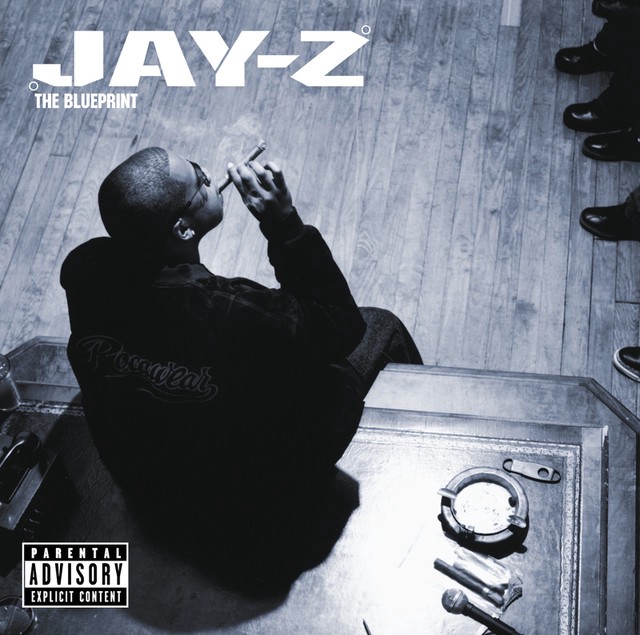
?Izzo? may have come first, while ?U Don?t Know? was arguably more exuberant. But ?Heart of the City? is the staple of the Kanye-orchestrated ?Blueprint? sound. The triumphant horns and soulful sound brought you back to the peak of 1970s rhythm and blues, as Jay furnished listeners with a variety of musical profiles. This track might be Jay?s greatest flex: he knows all the young up-and-comers resent his success. And do you know what? He couldn?t care less.
#8 ? ?Can I Live?
Album: ?Reasonable Doubt? (1996)
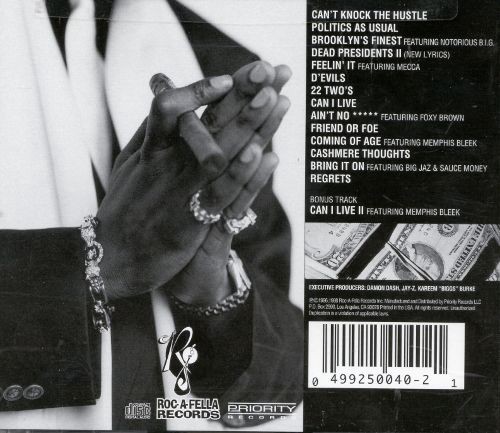
On the heels of ?22 Two?s,? the slow burn of ?Can I Live? kicks in and sets the stage for the subsequent movie-esque theme that occupies Jay-Z for much of the rest of the album: life as a hustler. On ?Can I Live,? Jay is equal parts paranoid and loose. Lines about keeping his ears to the streets are followed by lines about sitting at craps tables in Vegas. One of the most powerful components of the song is that it?s not just a statement but a kind of argument. A justification, of sorts. Jay-Z was always intelligent enough to go beyond description and into the realm of persuasion.
#7 ? ?Takeover?
Album: ?The Blueprint? (2001)
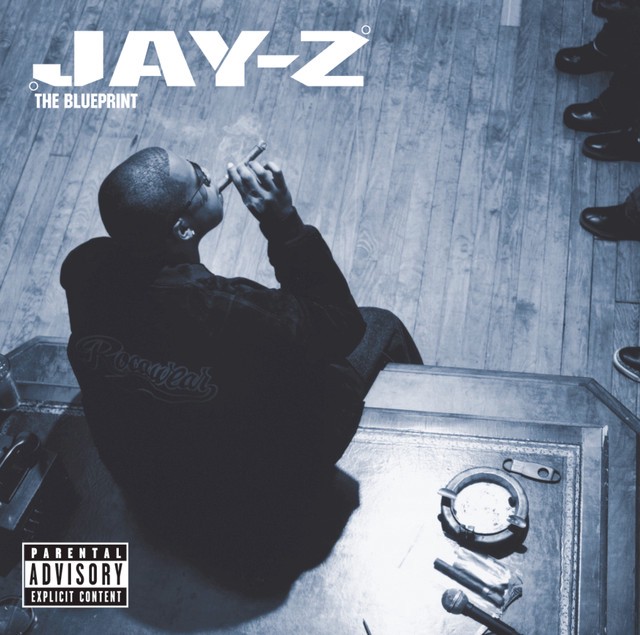
Prior to ?Takeover,? hip-hop?s best diss tracks ? songs such as ?Hit ?Em Up? and ?No Vaseline? ? were verbal assaults; instances of crossing the line. At the height of Jay-Z?s beef with fellow New York rapper Nas, ?Takeover? bucked this trend. With production from Kanye West, ?Takeover? represented the attempt at a good song disguised as a diss track, one that Nas would be unable to avoid in the clubs, on the radio, and in passing cars. Anecdotally, most think Nas? ?Ether? was superior, but perhaps that?s only because ?Takeover? was miscategorized as a battle track. In retrospect, it paved the way for Drake?s ?Back to Back.?
#6 ? ?Big Pimpin??
Album: ?Vol. 3?Life and Times of S. Carter? (1998)
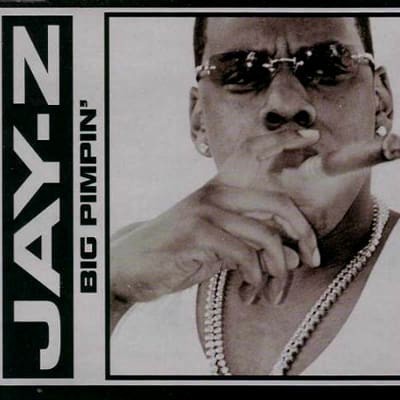
While promoting his book Decoded in 2010, Jay-Z looked back on the track that would serve to represent his player ways. ?Some [lyrics] become really profound when you see them in writing,? Jay told The Wall Street Journal. ?Not ?Big Pimpin?.? That?s the exception. It was like, I can?t believe I said that. And kept saying it. What kind of animal would say this sort of thing? Reading it is really harsh.? It is harsh. Although it?s hard to disassociate the father of three from the track?s context, ?Big Pimpin?? gives us possibly the most savage lead-in to a verse in his career. Everyone knows it by heart, as grotesque as it may be. ?You know I?thug ?em, fuck ?em, love ?em, leave ?em / Cause I don?t fuckin? need ?em.?
#5 ? ?Politics as Usual?
Album: ?Reasonable Doubt? (1996)

With the second song on his debut album, Jay-Z gave us a glimpse of the ?mafioso-rap? sub-genre he would go on to dominate. In under four minutes, he introduces us to the peaks and valleys of a hustler?s life.
Moments after referencing Don Corleone and talking about spending 10 years in prison, he?s back to telling us about vintage wine and champagne. Just as he said, it?s simply politics as usuallll.
#4 ? ?99 Problems?
Album: ?The Black Album? (2003)
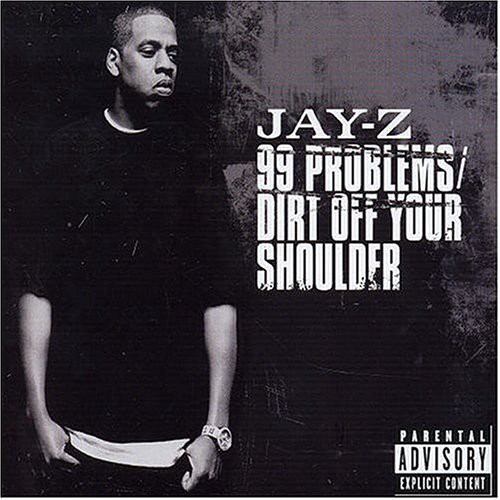
Twenty years after his peak, Rick Rubin ended up crafting the best beat of his career with ?99 Problems.? With a sound straight out of Run DMC?s glory days, Jay-Z puts the best story-telling of his career on wax. The overdriven industrial intro captures the tone and raises the stakes right from the top. Then, Jay lets loose with his tale of getting pulled over by a cop looking to bust him. You hang on to every word, sweating it out with him as he raps from both perspectives: his own as well as the cop?s.
#3 ? ?Public Service Announcement?
Album: ?The Black Album? (2003)
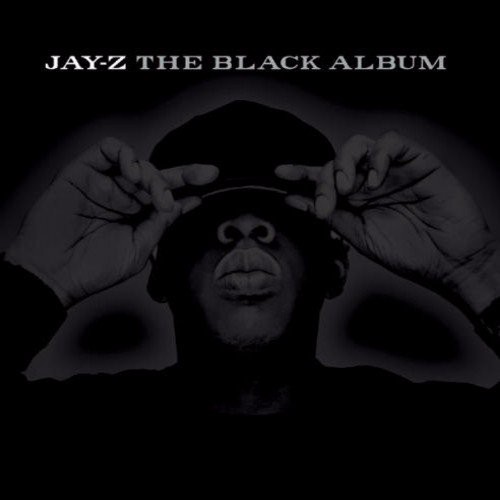
On the album that was supposed to be his curtain call, ?PSA? should have been his MJ in 1998 moment. It?s Jay-Z at his most confident and braggadocious. Despite being eight albums in, it feels like he?s at his absolute apex. The riveting piano intro, followed by the crescendo of organs when the beat drops, is both simple and effective.
And who doesn?t love the opening? ?Allow me to reintroduce myself: My name is Hov!/H-to-the-O-V.?
#2 ? ?Where I?m From?
Album: ?In My Lifetime?Vol. 1? (1997)
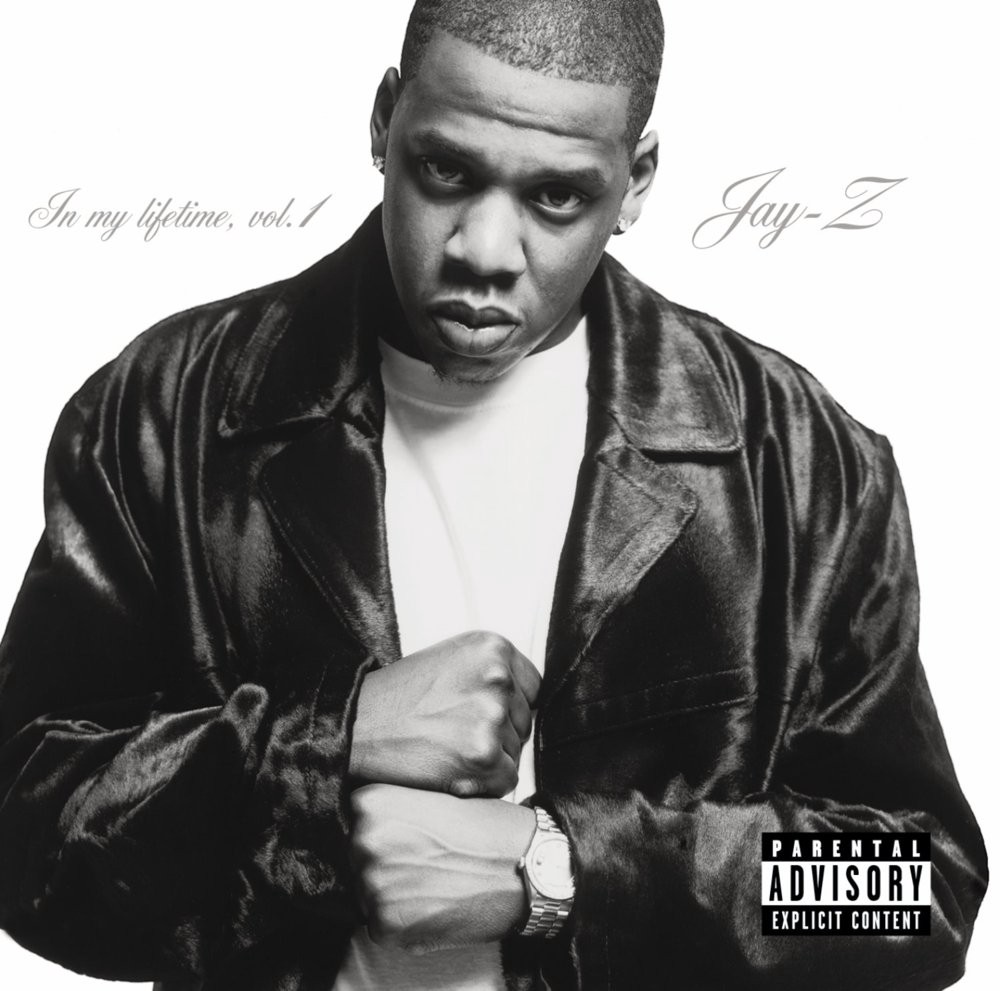
This track still stands as one of the reasons Jay-Z was the first rapper inducted into the Songwriter?s Hall of Fame. Over one of the grittiest beats he?s ever rocked, Jay-Z lets us into the precarious environment that is the Brooklyn ghetto. It features some of the most memorable lyrics of his career (?I?m from where beef is inevitable/Summertime is unforgettable?); arguably his most authentic lines (?Your word was everything, so everything you said you?d do ? you did it/Couldn?t talk about it if you ain?t lived it.?); but the highlight is when listeners are clued in to what like is like where Jay is from: ?Where you can?t put your vest away and say you?ll wear it tomorrow/Cause the day after we?ll be saying, ?Damn I was just with him yesterday?.?
#1 ? ?Hard Knock Life (Ghetto Anthem)?
Album: ?Vol. 2?Hard Knock Life? (1998)
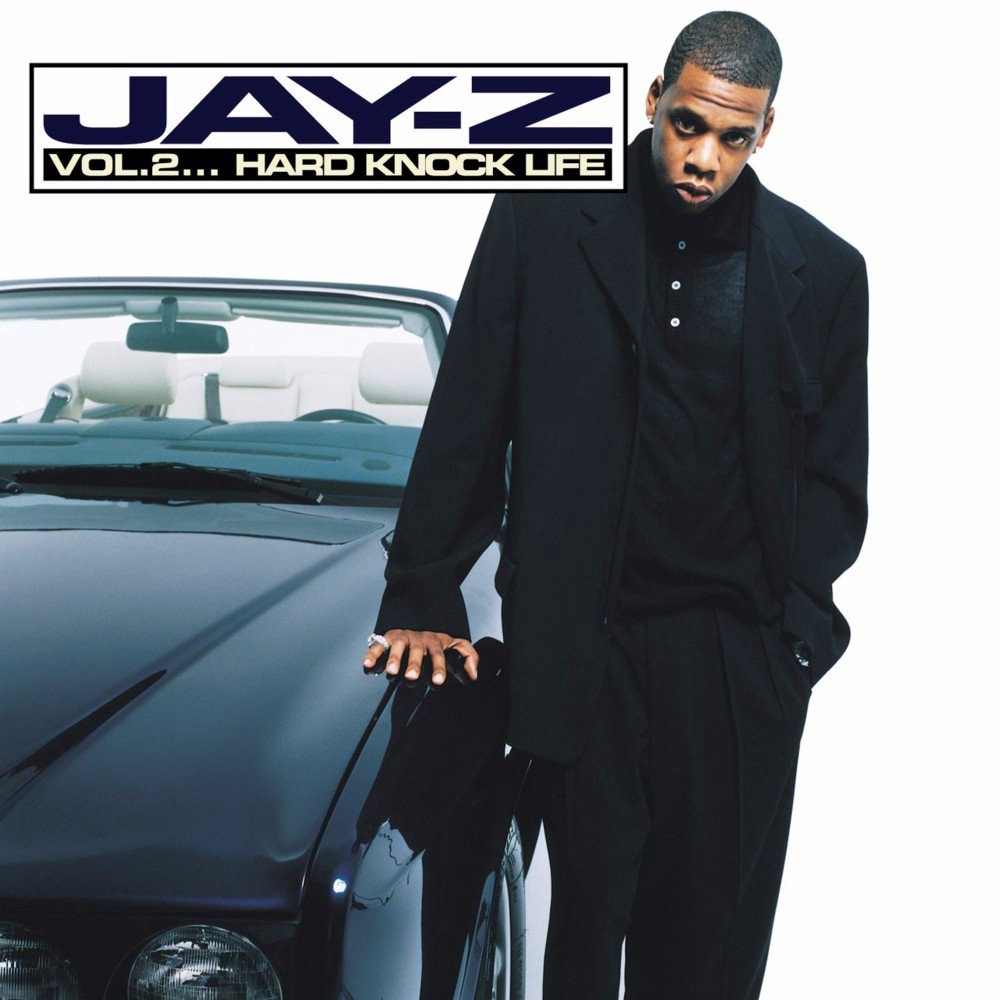
The song marked Jay?s arrival to the mainstream masses. It?s a global smash that analyzed life?s ills and appealed to all races, ages, and cultures, with perhaps the most famous hip-hop sample of all-time: ?It?s the Hard Knock Life? from the broadway musical ?Annie.? Almost 20 years later, it?s still Jay?s masterpiece: a song that finds a perfect balance between his street mentality and pop crossover transcendence. ?Hard Knock Life? serves as the moment that Jay-Z became a household name. That?s why it must be his No. 1.

